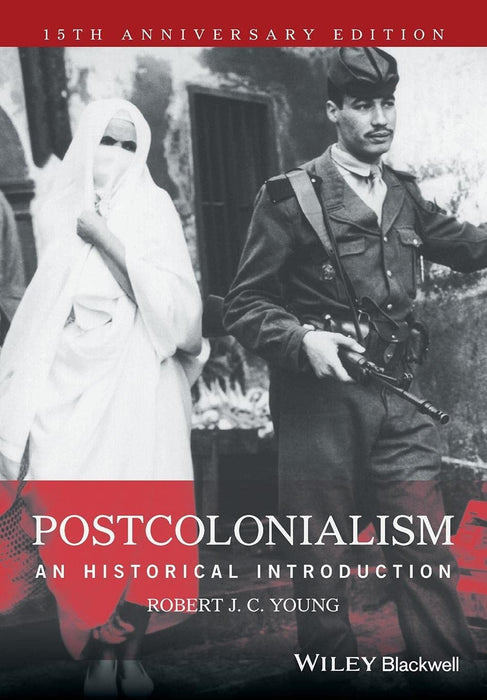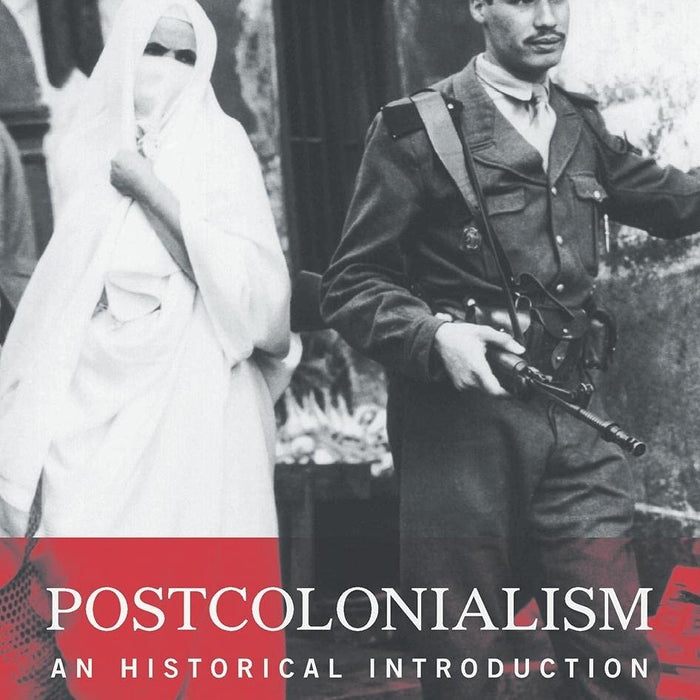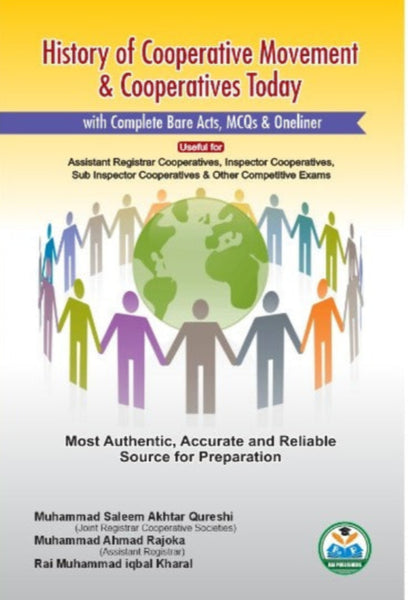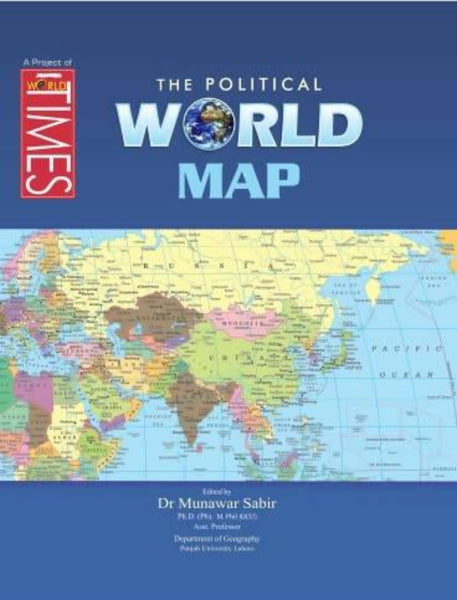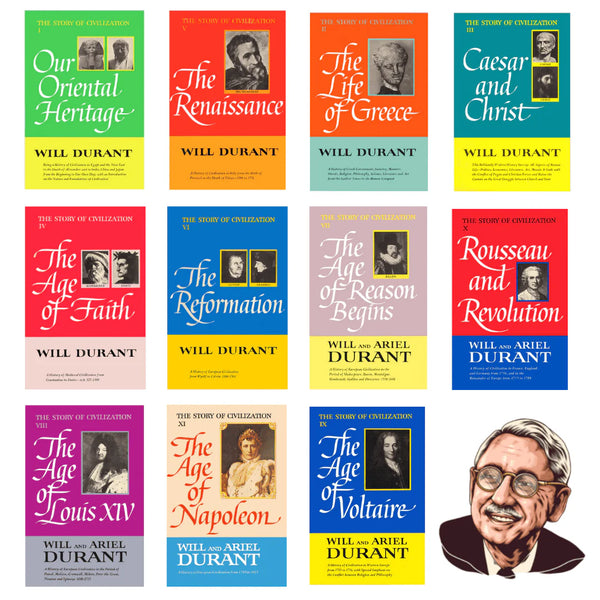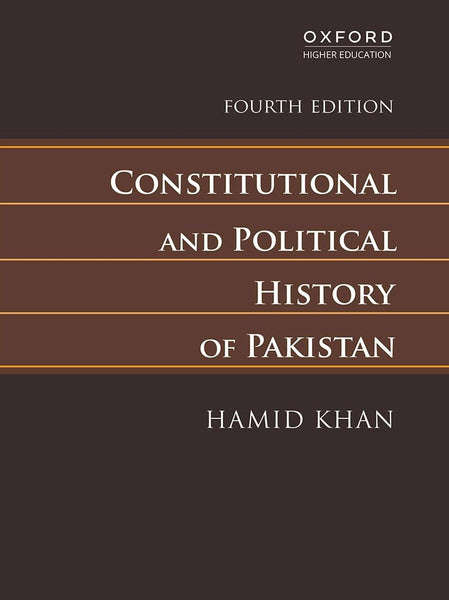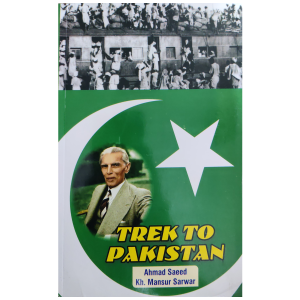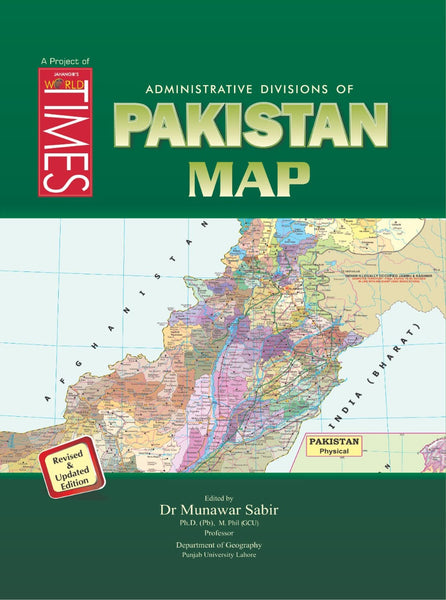Postcolonialism: An Historical Introduction by Robert J C Young (Author)
- Publisher: POLITICAL SCIENCE
- Availability: In Stock
- SKU: 49686 R1 0328
- Number of Pages: 530
Rs.1,190.00
Rs.1,495.00
Tags: anti-colonial movements , best books , Best Price , Best Selling Books , buy online books , colonial history , colonial legacy , colonial oppression , colonization effects , colonized nations , cultural hegemony , decolonization movements , historical analysis , historical context , historical introduction , history of colonialism , imperial history , imperial power , imperialism , ONLINE BOOKS , Online Bookshop , postcolonial criticism , postcolonial discourse , postcolonial identity , postcolonial literature , postcolonial studies , postcolonial theory , postcolonial theory introduction , Postcolonialism , postcolonialism and literature , Postcolonialism: An Historical Introduction , power and resistance , race and colonialism , race and power , Robert J.C. Young
📘 Title Name: Postcolonialism: An Historical Introduction
✍️ Author: Robert J. C. Young
📦 Quality: Black White Pakistan Print
🔹 Introduction:
Robert J. C. Young's Postcolonialism: An Historical Introduction is a foundational text that traces the development of postcolonial theory from its political origins to its academic presence today. The book offers a wide-ranging, interdisciplinary overview that links historical movements to theoretical frameworks.
🔑 Key Points:
-
Offers a comprehensive historical account of anti-colonial struggles and postcolonial thought.
-
Connects theoretical debates with real-world movements and political ideologies.
-
Explores the intellectual contributions of major figures from the Global South.
-
Analyzes the legacy of colonialism in shaping modern cultural and political landscapes.
-
Serves as an accessible yet scholarly resource for students and researchers in postcolonial studies, history, and political science.
🧾 Conclusion:
This book stands as a crucial resource for understanding the complex relationship between colonizer and colonized, and how postcolonial theory has evolved into a vital field of critical inquiry. Young's work remains essential for anyone interested in the historical and theoretical underpinnings of postcolonialism.

